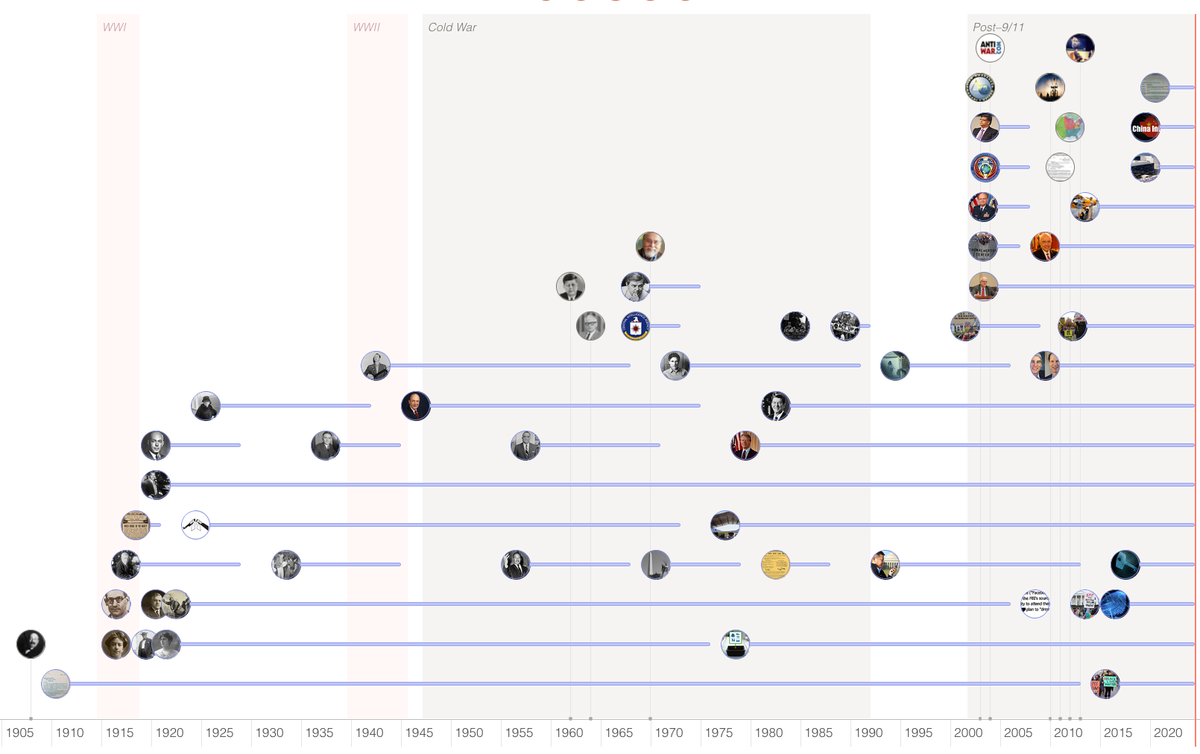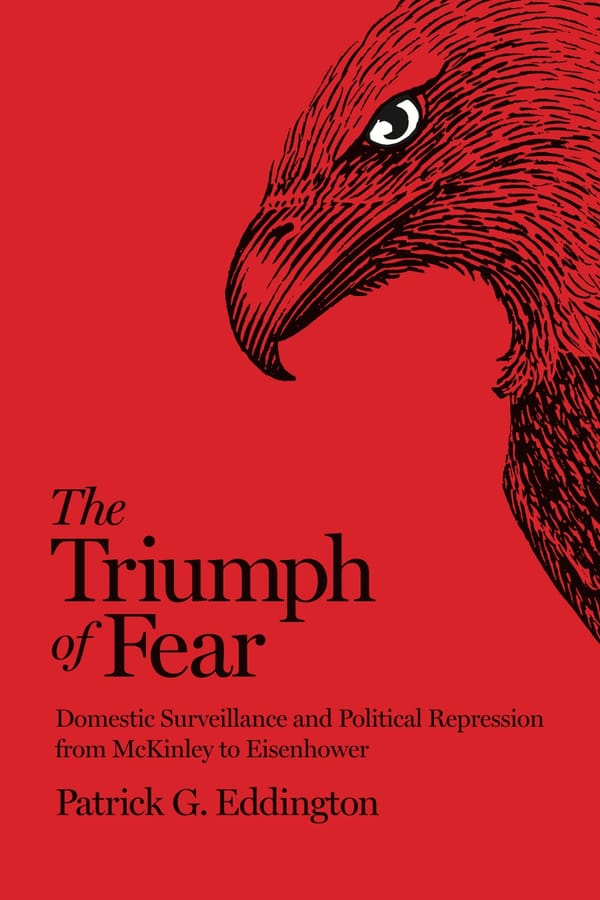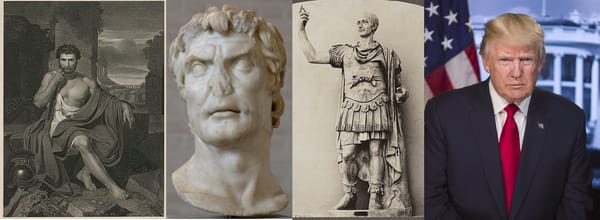American Big Brother: A Century of Surveillance
Sometimes, it's helpful to look at a phenomenon over time to understand how pervasive it is in reality. That's especially true of surveillance-enabled political repression.

Sometimes, it's helpful to look at a phenomenon over time to understand how pervasive it is in reality.
In January 2015, about three months into my new position at the Cato Institute as a civil liberties policy wonk, my then-boss Gene Healy came to me and said, "I think it's about time you wrote your next book."
I'd already written two others, one about the 1991 Persian Gulf War and the other a memoir of my time at CIA and immediately after leaving the Agency. But what Gene was clearly looking for from me was a book about government surveillance overreach and abuse and its impact on the rights of Americans.
I'd already been toying with the idea of writing a book about the history of domestic surveillance and political repression in the United States. What I needed to really help organize the project was an outline, or in this case, a timeline.
Between January and early December 2015, I did some field research at the National Archives at College Park, Maryland as well as a lot of online research, book reading, etc. in order to get a sense of when I thought one could say that systematized, politically driven domestic surveillance and related political repression at scale got started. With the help of a then-colleague on Cato's web staff, in late March 2016 we officially launched American Big Brother: A Century of Surveillance and Repression.
So far as I'm aware, it's the most sweeping timeline on federal domestic surveillance and related political repression on the internet. You'll note my use of the word "sweeping" vice "exhaustive." If one tried to put every single known federal government surveillance abuse into timeline form, it would be a hot mess visually. Instead, American Big Brother covers the most significant incidents of institutionalized government surveillance activities and the negative impact those developments have had on the constitutional rights of Americans.
It's here that you'll learn that U.S. government surveillance of Japanese Americans began long before they were rounded up and put into concentration camps in the months after the Pearl Harbor attack. The FBI's infamous COINTELPRO surveillance and political disruption operation is also included, as well as information on how a 1976 Supreme Court decision sanctioned internal checkpoints inside the United States despite being clearly at odds with the Fourth Amendment.
Among the more recent developments I've included is the DEA's surveillance of Black Lives Matter activists starting in 2020, and the Trump-era Justice Department's infamous "China Initiative" that targeted Chinese American scientists and researchers as potential PRC spies, almost always falsely.
There have of course been developments in the last few years that are not currently depicted or updated on the timeline, most obviously the April 2024 extension of the FISA Section 702 authority for two years. Over the coming months, I'll be updating the timeline accordingly.
And that book Gene wanted me to write? Well, during the COVID-19 pandemic, I realized that I couldn't possibly cover everything I needed to in a single volume, so it turned into a two-book project.
The first volume, The Triumph of Fear: Domestic Surveillance and Political Repression from McKinley through Eisenhower, will be out in March 2025 from Georgetown University Press. The second book, Liberty's Ghost: The American Security State and the Eclipse of the Bill of Rights, 1961-2025, is in work. I'll keep you posted on the status of both as events warrant.
Thanks for reading the Sentinel. If you're not currently a subscriber, please consider becoming one as doing so is free through 2024 and it's an easy way to show your support for my work. Also, please share this piece with family, friends, and anyone else you believe would benefit from reading it.





